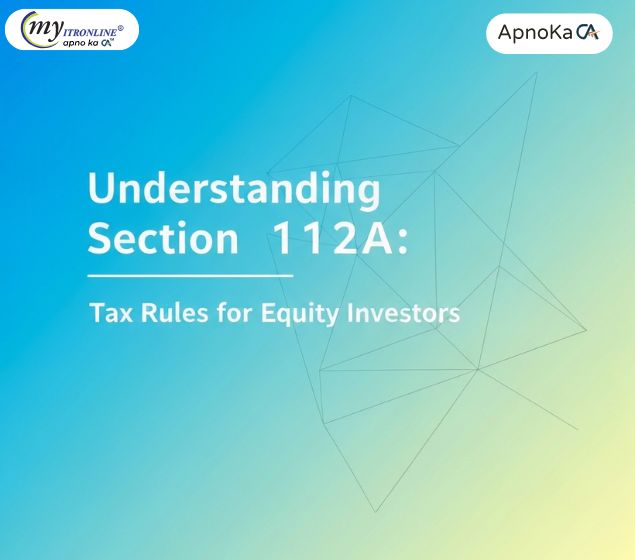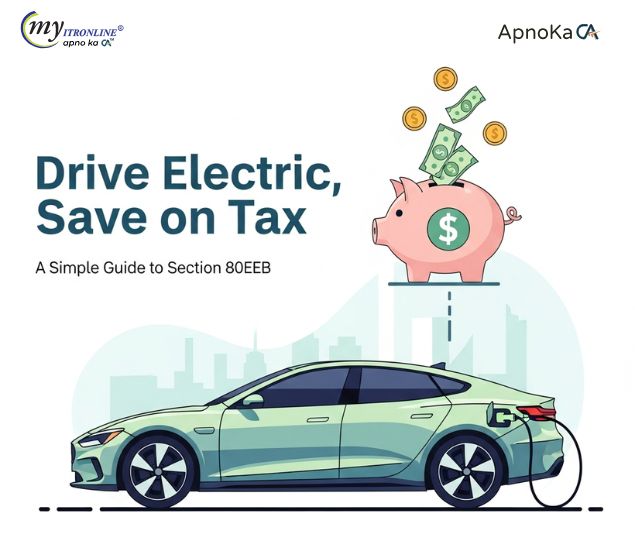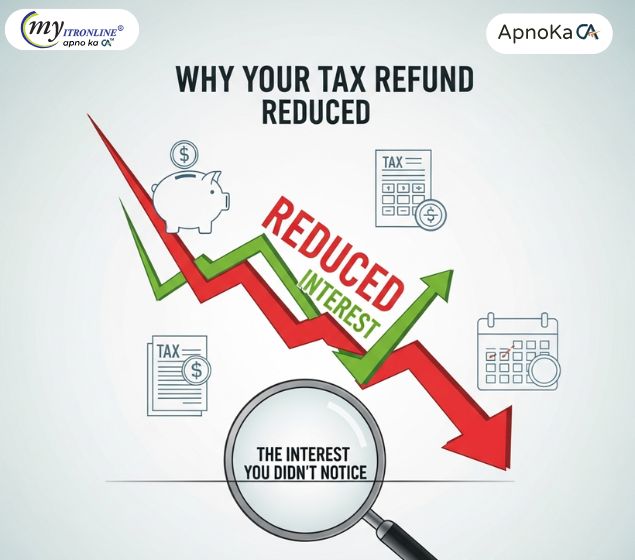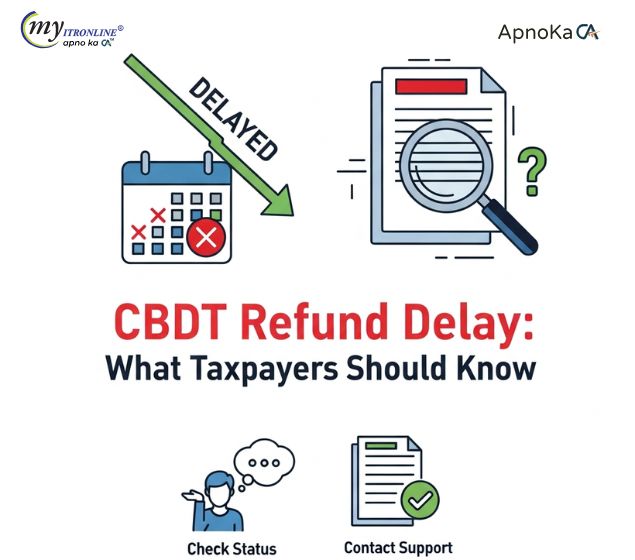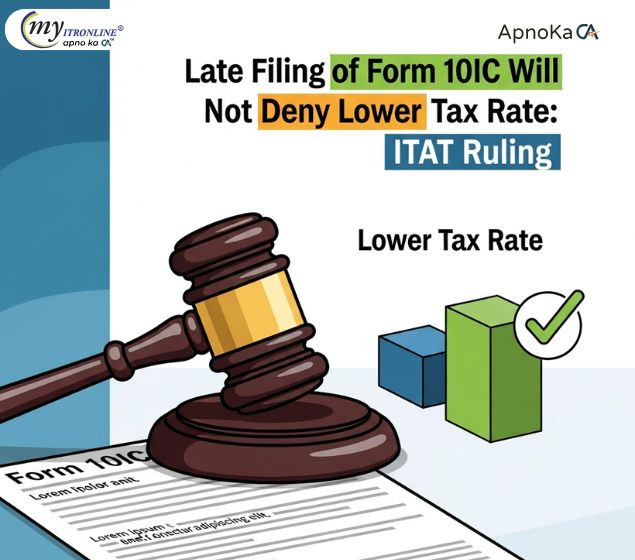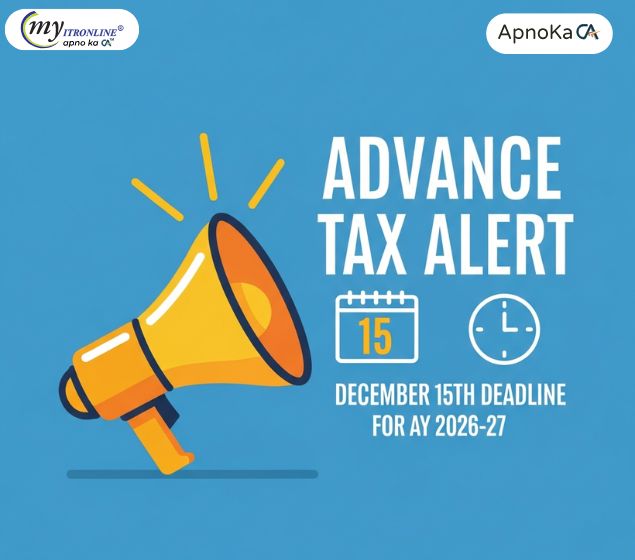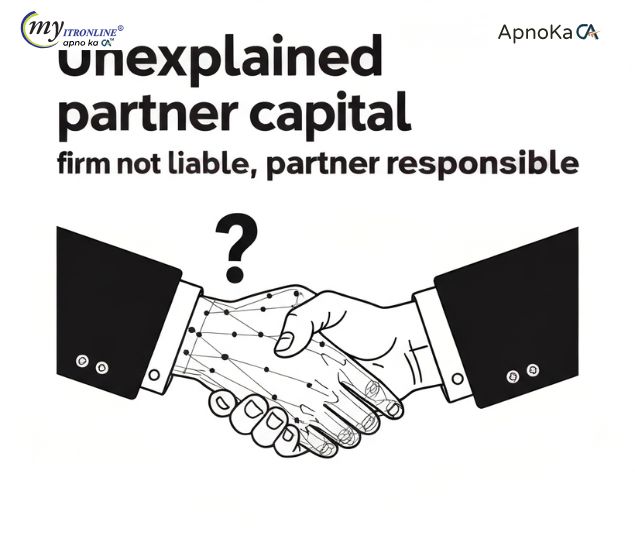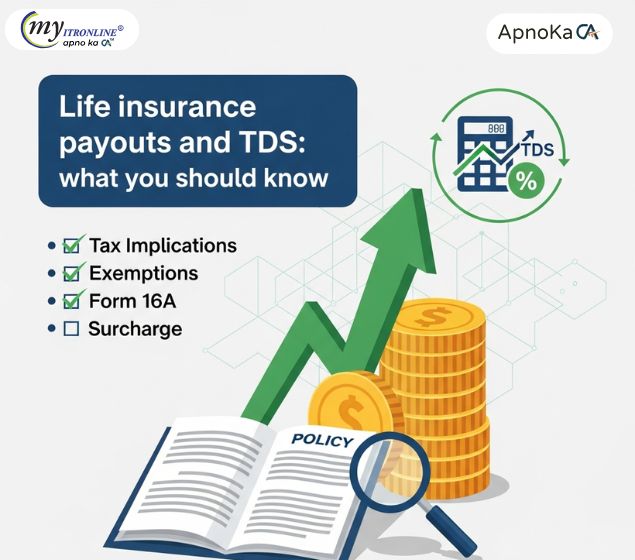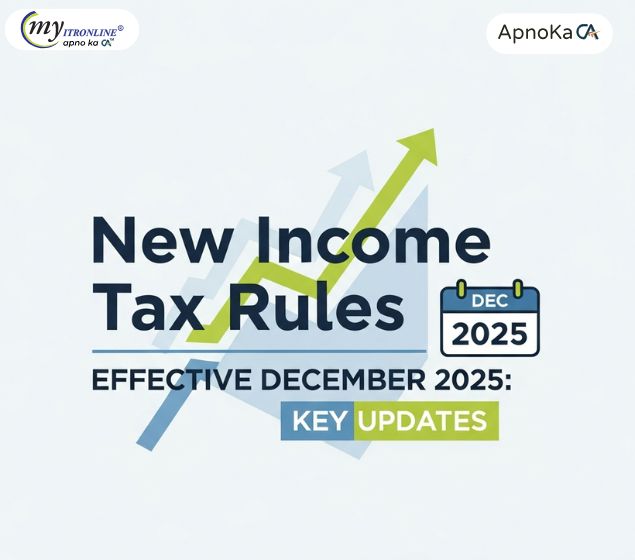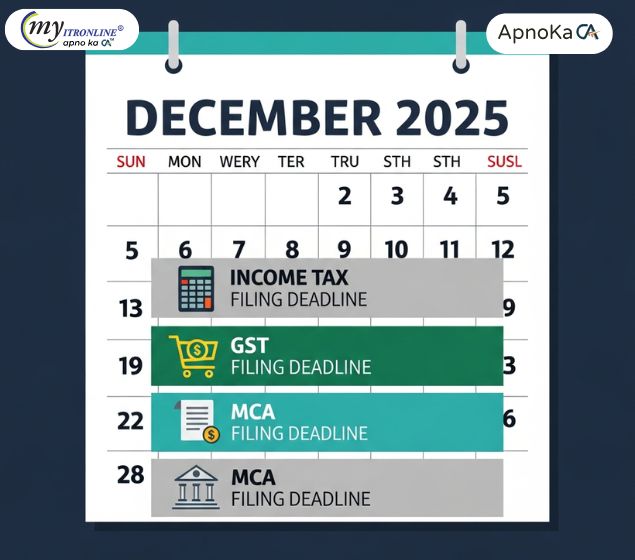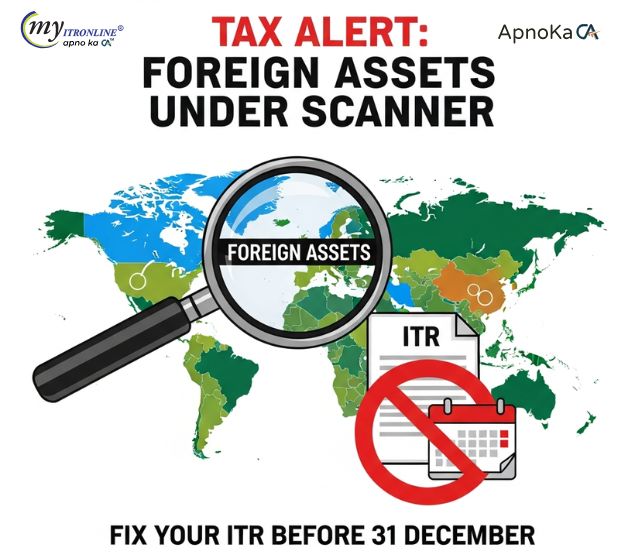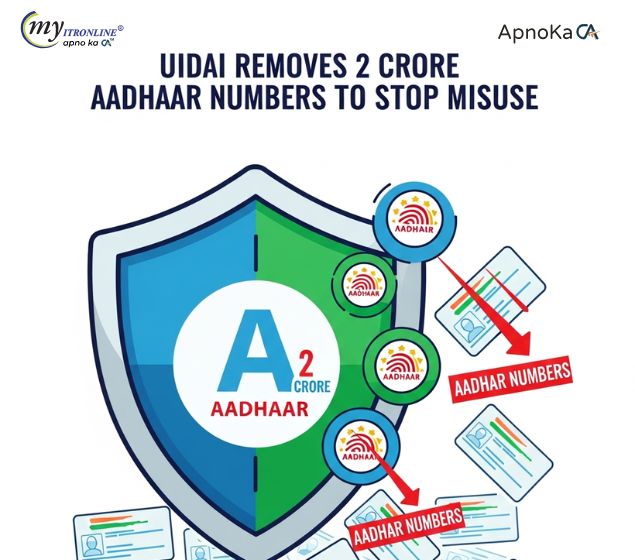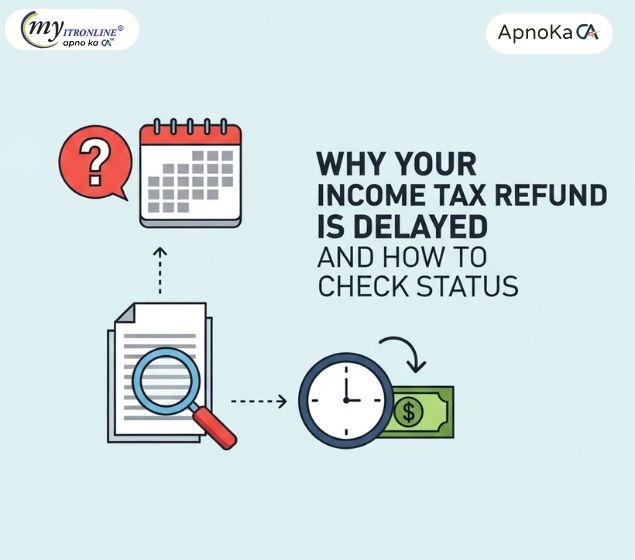What the CBDT Is Really Changing in the New Income Tax Act 2025
The Central Board of Direct Taxes (CBDT) has announced a significant overhaul of the Income Tax Act, effective from assessment year 2025-26. This blog details the crucial changes, including simplified individual tax slabs, revised capital gains taxation, a stronger focus on digital transactions, corporate tax reforms, revamped deductions and exemptions, enhanced anti-evasion measures, and the introduction of a Taxpayer Charter. Understanding these updates is vital for both individuals and corporations to ensure compliance and optimize financial planning under the new regime.
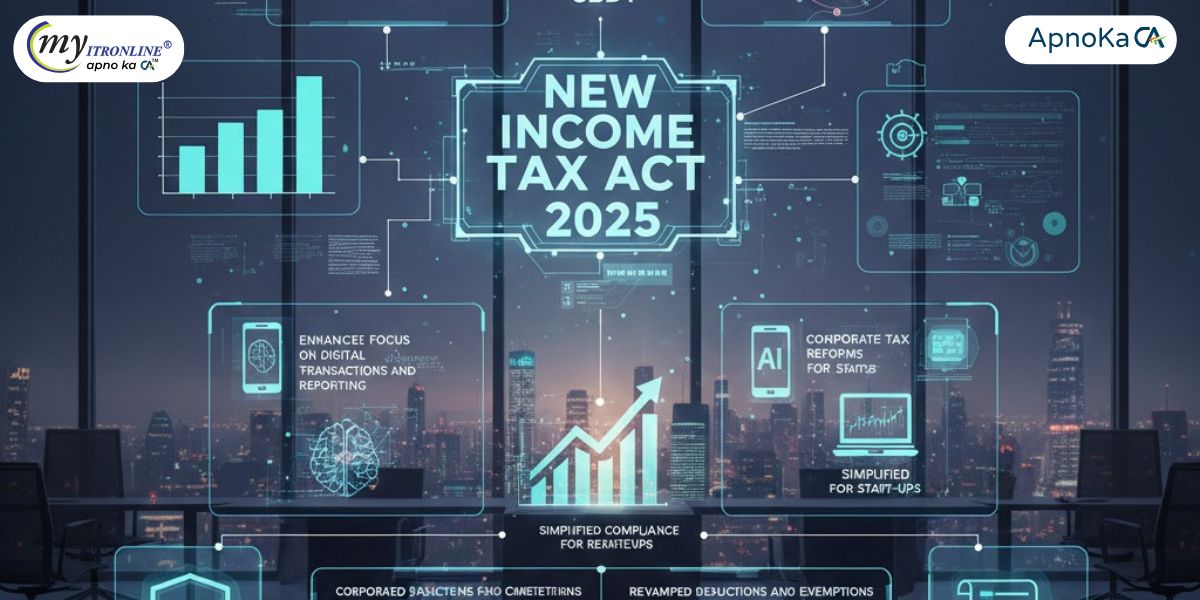
The Central Board of Direct Taxes (CBDT) has recently announced important changes and a new framework for the Income Tax Act, effective from the assessment year 2025-26. This update seeks to simplify the tax structure, expand the tax base, and introduce modern provisions to keep pace with the changing economy. Taxpayers, both individuals and corporations, need to be aware of these changes to stay compliant and improve their financial planning.
Let's explore the key updates and what they mean for you:
1. Simplified Tax Slabs for Individuals
One of the most anticipated changes is the simplification of individual income tax slabs. The CBDT has created a clearer system by reducing the number of slabs.
- Revised Structure: The new act proposes fewer tax brackets with broader income ranges, aiming to make it easier to calculate tax liabilities. While specific rates are not fully detailed yet, the focus is on a simpler and more progressive approach.
- Focus on New Regime: There’s a strong push to make the new tax regime, which has no exemptions or deductions, more appealing. This may include lower tax rates compared to the previous system, indicating a strategy to phase out many traditional deductions.
2. Overhaul of Capital Gains Taxation
The treatment of capital gains has been complicated, and the new Act 2025 aims to provide more consistency and clarity.
- Rationalized Holding Periods: The difference between short-term and long-term capital gains across asset classes like equity, debt, and real estate may see simpler holding periods, reducing confusion.
- Unified Tax Rates: There might be an effort to standardize capital gains tax rates for different asset classes, although specific rates will still depend on the asset type and holding period. This aims to simplify calculations and limit tax loopholes.
- Re-evaluation of Exemptions: Certain exemptions related to capital gains, especially those involving reinvestment, may be reviewed or changed to ensure they are used appropriately.
3. Enhanced Focus on Digital Transactions and Reporting
With the fast growth of digital transactions, the new act puts a strong focus on tracking and taxing these transactions effectively.
- Expanded Reporting Requirements: Financial institutions and platforms involved in large digital transactions may face tougher and more extensive reporting obligations to tax authorities.
- Taxation of Digital Assets: The act is expected to provide clearer guidelines for taxing digital assets, including cryptocurrencies and NFTs, which have gained popularity.
- AI-Powered Scrutiny: The CBDT is investing in advanced data analytics and artificial intelligence to identify discrepancies and potential tax evasion from digital footprints. This makes compliance more important than ever.
4. Corporate Tax Reforms for Competitiveness
The New Act 2025 also introduces major changes for corporate taxpayers to boost India's appeal as an investment destination.
- Further Reduction in Corporate Tax Rates: While rates have decreased in recent years, there could be further cuts for certain sectors or companies that meet specific investment or job-creating criteria.
- Simplified Compliance for Start-ups: Recognizing the importance of start-ups, the act may streamline compliance procedures, offer accelerated depreciation benefits, and provide easier access to tax holidays for eligible start-ups.
- Alignment with Global Tax Standards: The act is likely to include provisions that align with global tax standards, such as those related to Base Erosion and Profit Shifting (BEPS), to ensure fair taxation of multinational companies.
5. Revamped Deductions and Exemptions
The area of deductions and exemptions is set for a major update, aimed at encouraging specific behaviors and simplifying the structure.
- Review of Section 80C: The popular Section 80C, which includes various investments and expenses, may see a reassessment of its components or an increase in the overall limit to promote long-term savings.
- New Deductions for Green Investments: To support sustainability, the act could introduce new deductions or incentives for individuals and businesses that invest in green technologies, renewable energy, and eco-friendly practices.
- Phasing Out of Redundant Exemptions: Certain outdated exemptions may be eliminated to streamline the tax code and reduce complexity.
6. Strengthening Anti-Evasion Measures
The CBDT is dedicated to fighting tax evasion and ensuring strong compliance.
- Stricter Penalties: The new act may impose harsher penalties for non-compliance, under-reporting, and willful tax evasion.
- Improved Information Exchange: Better agreements for sharing information with international tax authorities will enhance efforts against black money and undisclosed assets held abroad.
- Focus on Real Estate Transactions: Expect tighter scrutiny and more regulations regarding high-value real estate transactions to prevent the flow of black money.
7. Introduction of a Taxpayer Charter with Enhanced Rights
In a move toward greater transparency and accountability, the New Act 2025 is expected to introduce a detailed Taxpayer Charter.
- Defined Rights of Taxpayers: This charter will clearly explain the rights of taxpayers, including the right to fair treatment, timely decisions, and privacy.
- Responsibilities of Tax Authorities: It will also outline the responsibilities of tax authorities, ensuring a more citizen-centered approach to tax management.
- Facilitating Grievance Redressal: The charter aims to improve the process for addressing complaints, making it easier for taxpayers to resolve their issues with the tax department.
What Taxpayers Should Do Now:
- Stay Informed: Keep an eye on official announcements from the CBDT and the Ministry of Finance.
- Consult a Professional: Talk to tax consultants or financial advisors to understand how these changes affect your specific financial situation.
- Review Your Investments: Reassess your investment strategies based on the new capital gains rules and possible changes to deductions.
- Maintain Meticulous Records: With increased scrutiny on digital transactions, make sure your financial records are current and easy to access.
The New Income Tax Act 2025 marks a significant change in India's tax environment. While the goal is simplification and improved compliance, this transition period will require careful planning and adjustments from everyone involved.
FILING YOUR INCOME TAX RETURN F.Y 2024-25 (A.Y. 2025-2026) WITH MYITRONLINE
The income tax filing deadline is right around the corner. If you haven’t filed yet, do it today with Myitronline! Avoid last minute rush and file your tax return today on MYITRONLINE in Just 5 mins.(www.myitronline.com)
If you are looking for eCA assistance to file your income tax return/ GST, you can opt for MYITRONLINE eCA assisted plan starting
Upload Salary Individual Form-16
If you have any questions with filing your tax return, please reply to this mail. info@myitronline.com OR call 9971055886,8130309886.
Note-All the aforementioned information in the article is taken from authentic resources and has been published after moderation. Any change in the information other than fact must be believed as a human error. For queries mail us at marketing@myitronline.com
Krishna Gopal Varshney
An editor at apnokacaKrishna Gopal Varshney, Founder & CEO of Myitronline Global Services Private Limited at Delhi. A dedicated and tireless Expert Service Provider for the clients seeking tax filing assistance and all other essential requirements associated with Business/Professional establishment. Connect to us and let us give the Best Support to make you a Success. Visit our website for latest Business News and IT Updates.
Leave a reply
Your email address will not be published. Required fields are marked *Share this article
Krishna Gopal Varshney, Founder & CEO of Myitronline Global Services Private Limited at Delhi. A dedicated and tireless Expert Service Provider for the clients seeking tax filing assistance and all other essential requirements associated with Business/Professional establishment. Connect to us and let us give the Best Support to make you a Success. Visit our website for latest Business News and IT Updates.
View articles








